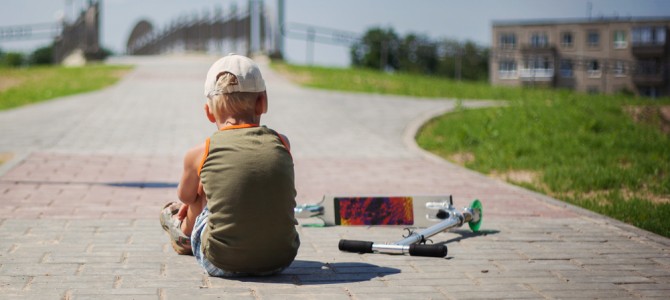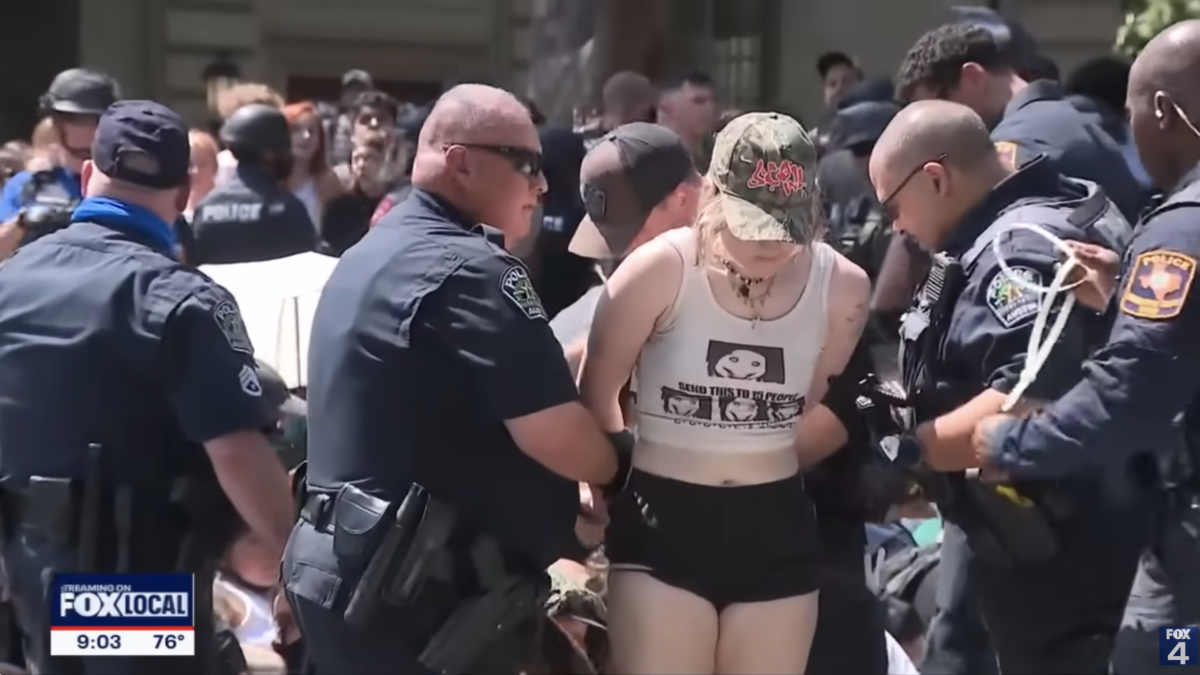
A civilized and decent society protects the vulnerable, and nothing is more vulnerable than a young child. All hurting children deserve our compassion and, if necessary, righteous anger. All children. Why, then, do we anguish over migrant children separated from their parents at the border, but ignore the plight of American children in foster care?
Unless you have a heart of stone, you’ve ached for the 2,053 children who were forcibly separated from their parents at the border since May. The national outcry and outrage was so intense that President Trump issued an executive order that families be detained together going forward. District Court Judge Dana Sabraw issued an injunction that all the children be reunited with their parents within 30 days, or within 15 days if they are under the age of five. The Department of Homeland Security reports that 522 of the minors have been returned to their parents so far. The compassion and righteous anger moved mountains.
Where is the same compassion and righteous anger for foster children?
In 2016, there were 437,465 children in foster care in the U.S., 155,632 of whom were under the age of five. Each and every one was forcibly separated from a parent or parents, but there were no television cameras there to capture the tears. That doesn’t mean they weren’t there. I know because my husband and I adopted three children from foster care fourteen years ago.
They’ve only talked about it once, but the day they were “tooken” away from their birth parents was the worst day of their lives. They were seven, five, and 8 months at the time. The older two were playing outside when the police cruiser pulled into their apartment complex, and they thought, cool, like young children would. Then two police officers and a social worker came to their door and changed their lives forever. It’s a scene that plays itself out over and over and over every day throughout this country.
What happens to kids in the foster care system? They sure don’t get the attention migrant kids do. We all know what happens to migrant children who are separated from their parents.
Children’s Defense Fund spelled it out in their amici brief to Judge Sabraw:
… there is ample evidence that separating children from their mothers or fathers leads to serious, negative consequences to children’s health and development. Forced separation disrupts the parent-child relationship and puts children at increased risk for both physical and mental illness. … And the psychological distress, anxiety, and depression associated with separation from a parent would follow the children well after the immediate period of separation— even after eventual reunification with a parent or other family.
The same exact words could be written about foster children, only many tens of thousands of them will never have “eventual reunification with a parent or other family.” Of the children in foster care today, 117,794 are waiting to be adopted; 25,620 of them have been there for five years or more. That is worthy of a lot of outcry and a lot of outrage, but the silence is deafening.
Migrant children separated from their parents were sent to “comfy dormitories” with cable TV, multicultural crayons, and field trips. The whole world is watching how we treat them. American children separated from their parents disappear into often sketchy foster homes where even social workers can’t keep track of what’s happening to them.
Social workers in the foster care system are so overburdened with cases that they can provide only the most cursory oversight. The Department of Health and Human Services reports that in 2016, an estimated 676,000 children were victims of abuse or neglect in out-of-home care settings. Nationally, 74.8 percent of victims experienced neglect and 18.2 percent were physically abused. An estimated 1,750 children died due to child abuse or neglect. Where were their multicultural crayons?
While American children languish and die in foster care, we’re still worried about migrant children. Now that they’re detained with their parents, we worry that detention itself is too traumatizing. Inhumane, we call it. We’re so distressed at the thought of them together, safe, and fed “until they are full” that we can’t stand it. We simply must release them. Into the U.S. Right now.
Then what?
We can’t afford more social workers for our own foster kids, but we’re determined to meet the needs of migrant children. We envision grand, community-based case management programs to spare them the anxiety of being safe and well-fed, together with their parents. Once families are released, we’ll refer them to lawyers and social services, and make sure they have transportation to their court hearings.
“Studies have shown high rates of attendance at immigration court hearings and compliance with deportation orders if immigrants are provided with some type of case management to help them understand the process,” says Fatma E. Marouf, professor of law at the Texas A&M University School of Law and the director of the school’s Immigrant Rights Clinic.
Do you know what else studies have shown? More social workers in the foster care system would make for better case management, which would protect countless American children from abuse and neglect. Why do we care so much more about migrant children than we do about American children in foster care?









